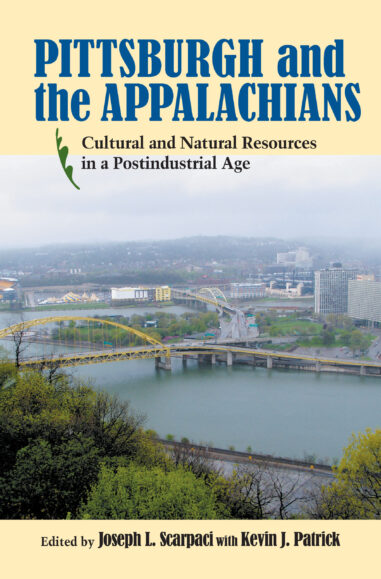
Hardcover $60.00
Also available in Kindle
Request Exam or Desk Copy. Request Review Copy
Pittsburgh and the Appalachians
Cultural and Natural Resources in a Postindustrial Age
Pittsburgh and the Appalachians profiles the city and its hinterland to assess what they have, and what they will need, to achieve a fresh and vigorous future. Once gateway to the West, then keystone city for American heavy industry, Pittsburgh, with its region, became a cruel postindustrial economic and environmental joke. Yet when viewed in contemporary perspective, unique urban and regional characteristics of people and place, from creative forces at the core to recreational resources across the region, provide energy, opportunity, and possibility. Scholarly and readable, this book captures Pittsburgh's promise and serves as a model for how geographers can look at and think about effects of urban, metropolitan, and regional restructuring and reshuffling in the twenty-first century.

